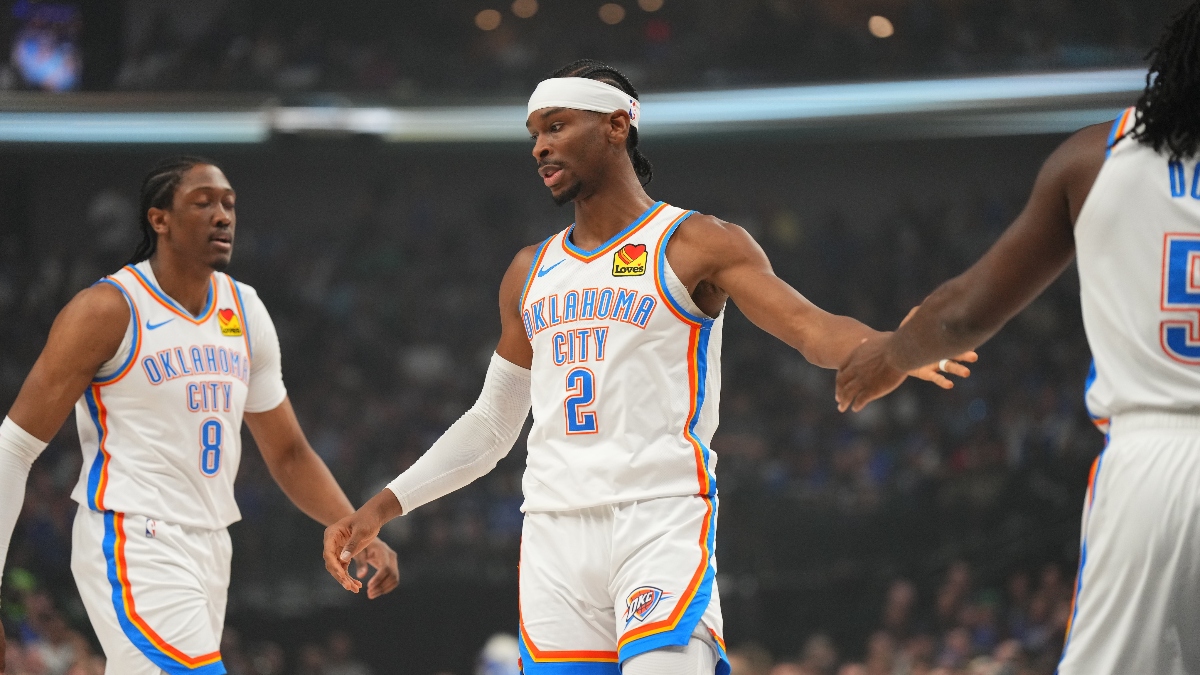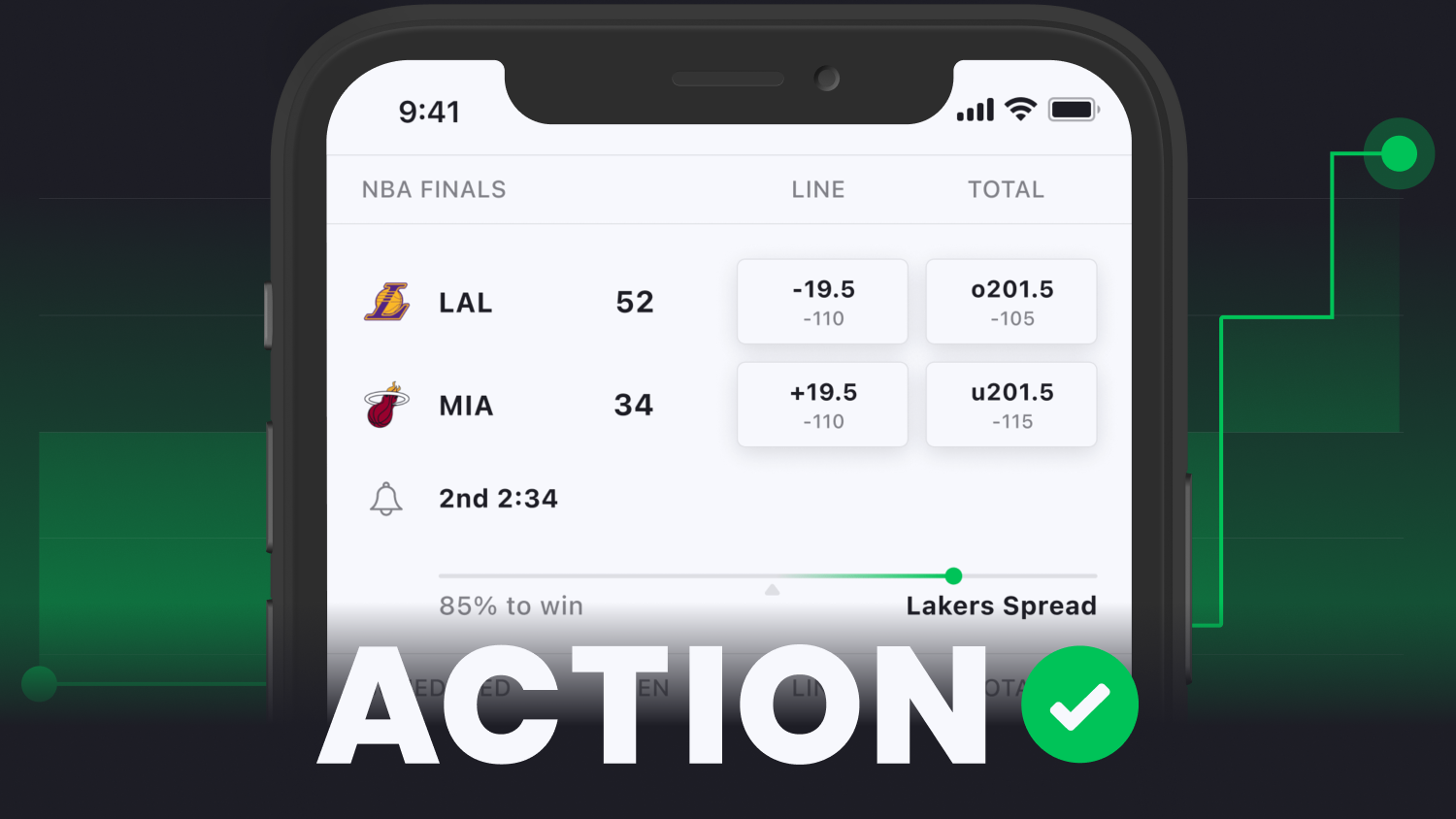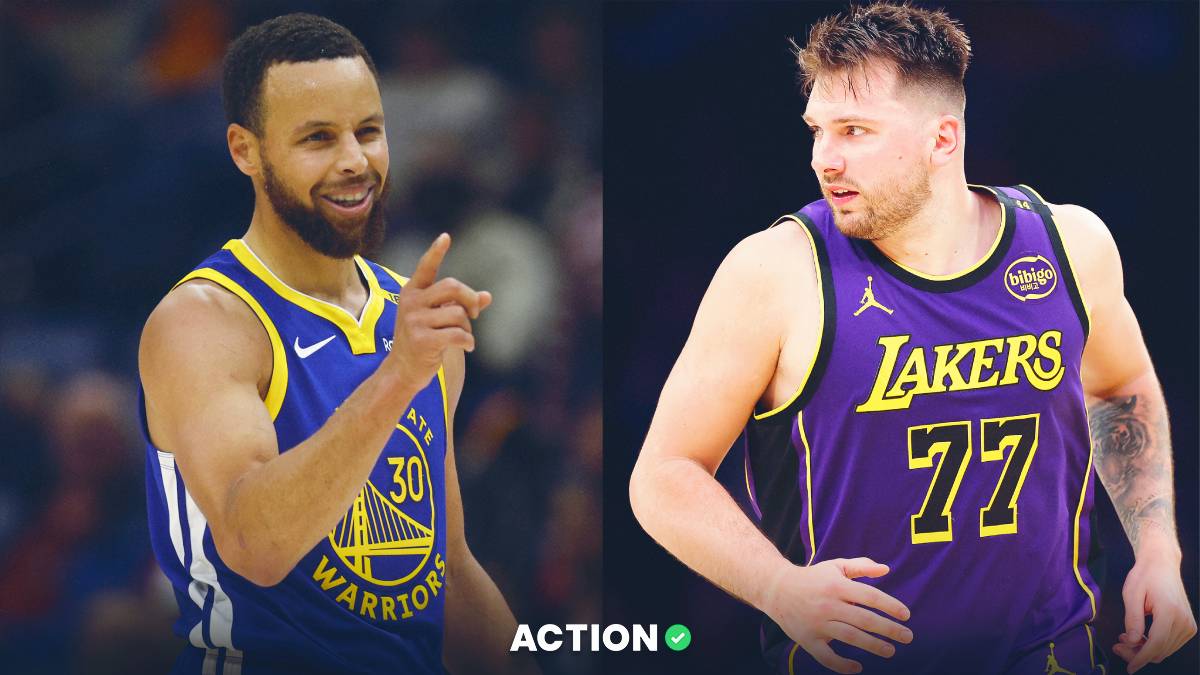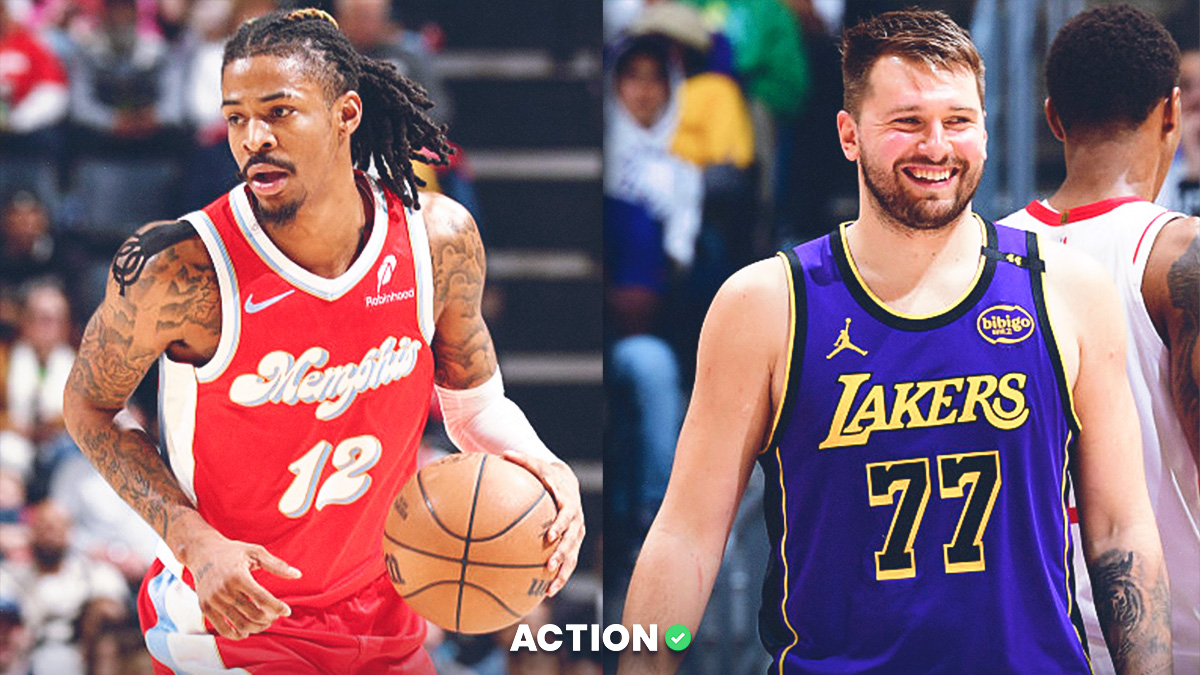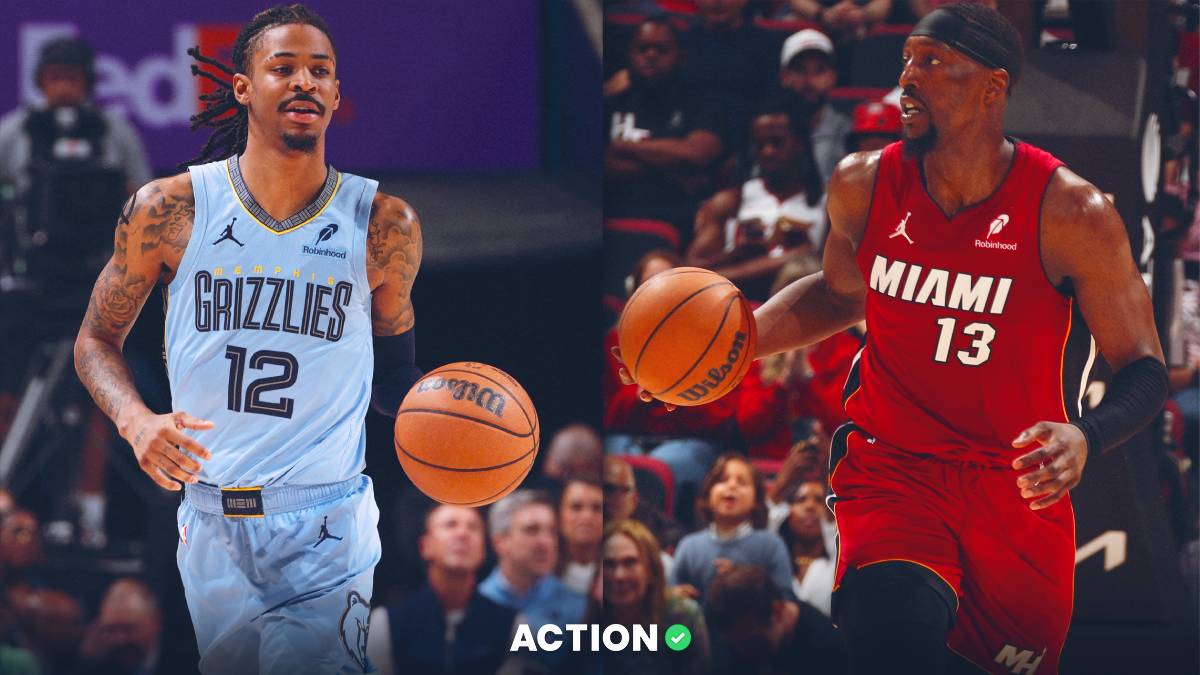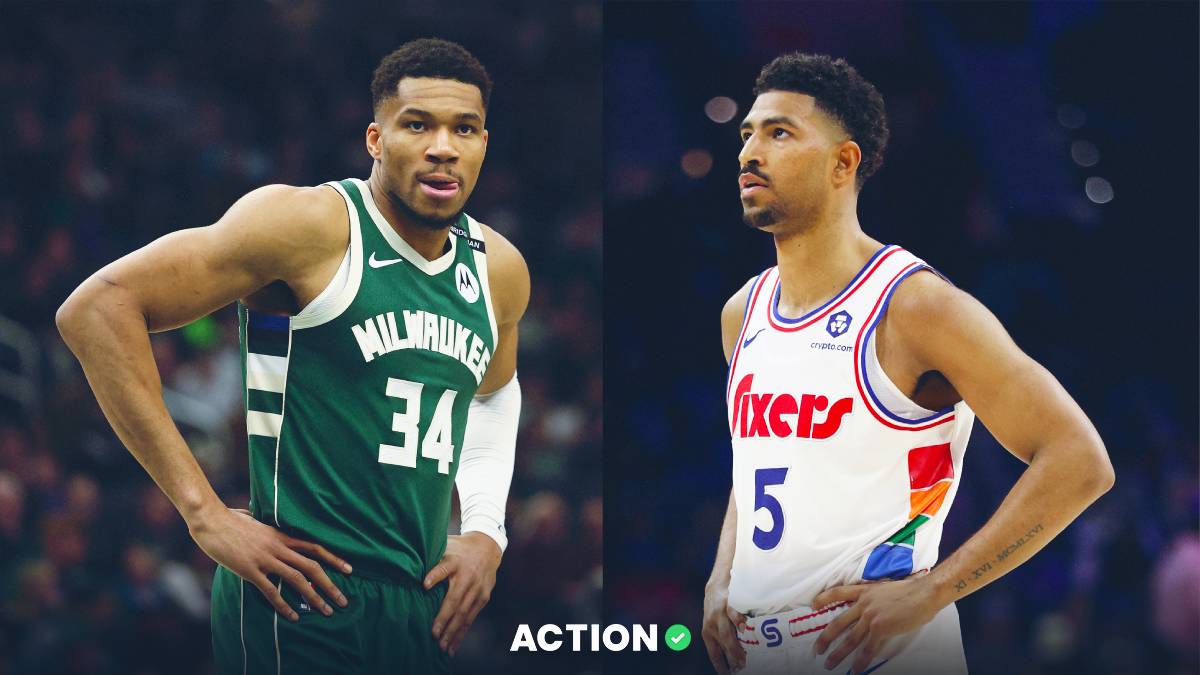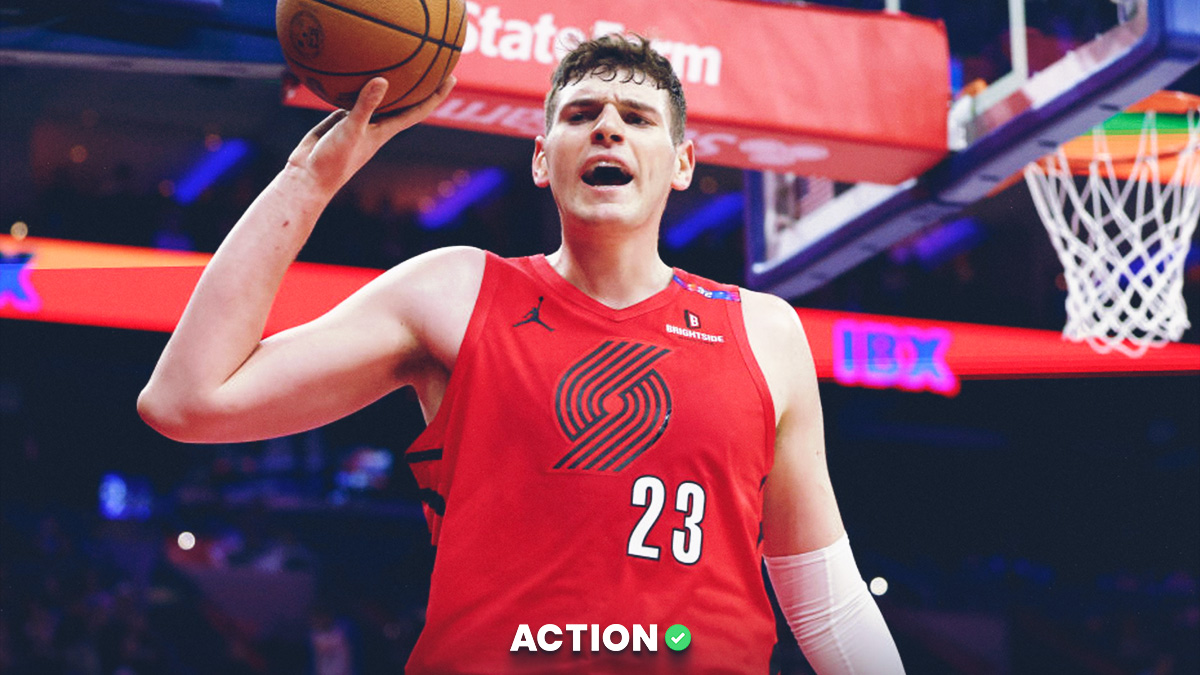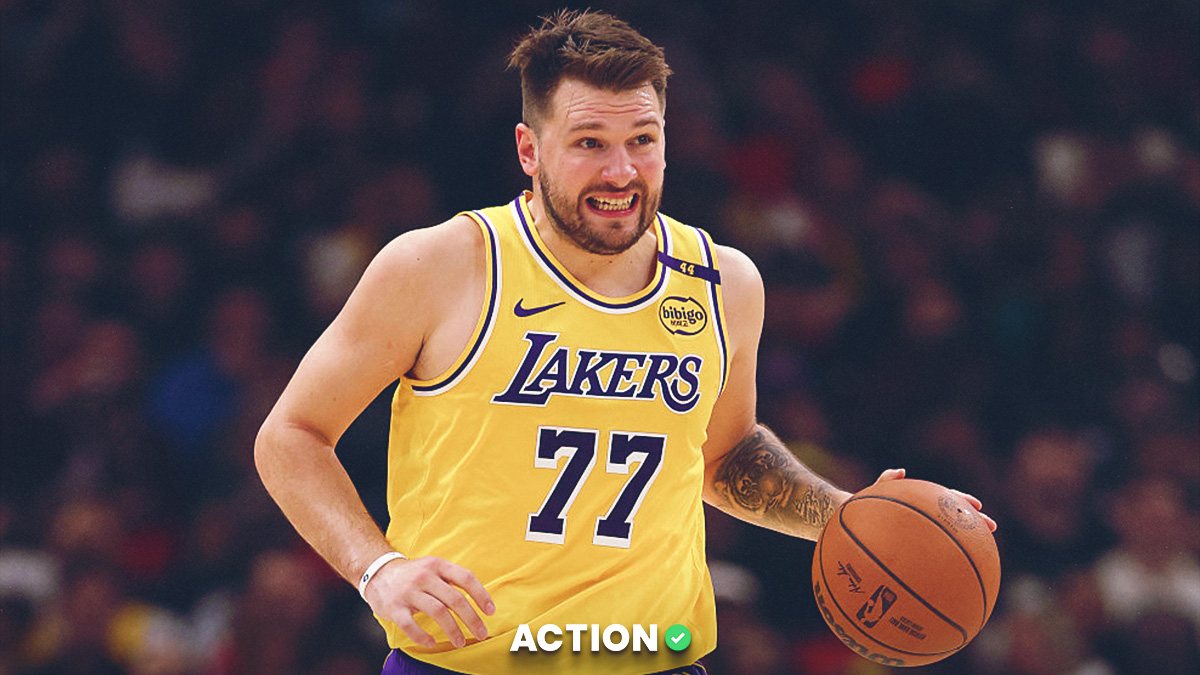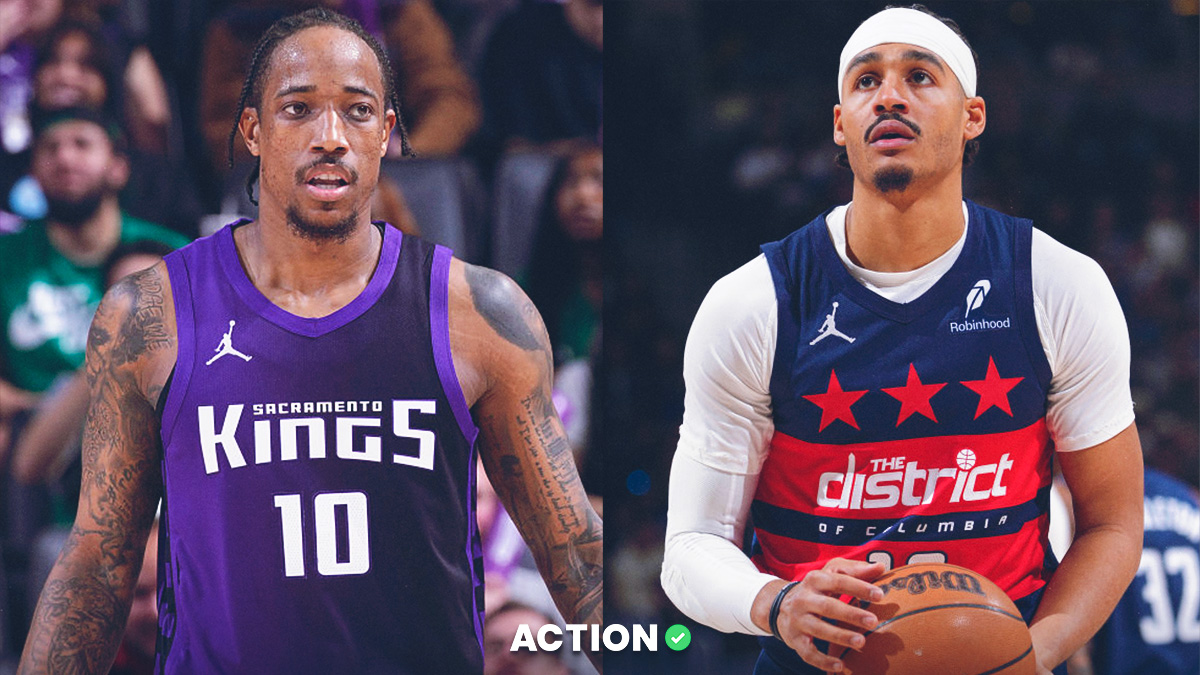The NBA offseason hasn't quite gone to bed, but it's dragging itself up the stairs yawning, dreading having to take its contacts out and brush its teeth before collapsing into the pillow. Most of the teams have filled their rosters, Summer League teams have been assembled, and executives are preparing to depart for scenic locales.
In the aftermath of a quiet and ultimately shrug-ish free agency and trade season highlighted more by the Clippers' decision not to retain Paul George than the Sixers' decision to acquire him, we have a chance to see what the landscape shows.
To start, let's take a look at how offseason power ratings have shifted in a vacuum. Here are the five teams that improved the most this offseason through one rubric.
THE TOP FIVE RISERS
To get a sense of how player movement impacts a team, I use Estimated Wins from DunksAndThrees.com last season, converted to a spread value. You add those points for the players gained and subtract the values for the players who departed in trade or free agency. That gives a sense of how much their team improved vs. an average opponent on neutral court. Now, the problem is that the additions and losses aren't purely additive.
Take the Thunder. Adding Alex Caruso? Undeniably a win. Adding him in place of Josh Giddey? An even bigger win. Adding him for Josh Giddey without giving a pick? A monster win. But Caruso's minutes have to come from somewhere and they can't just be Giddey's from last season. If Caruso plays more than Giddey's 25 minutes per game, he likely starts to take minutes from Cason Wallace or Aaron Wiggins, both of whom had positive impacts on OKC in their minutes last season.
Bear in mind that even after the minutes consideration, there are all sorts of things this approach doesn't account for. Outside of the usual wild cards like chemistry and injury problems, this can't account for internal improvement, or the addition of rookies who don't have an NBA track record (and I typically resist trying to project one on them). This doesn't give you a pure evaluation of how many more wins to expect from them, but a signal as to how much what they gained can improve over what was lost.
So it's messy. But this still provides us with a good sense from an objective standpoint of who got better and who got worse.
Here's the top five.
Oklahoma City Thunder
(+4.9 points, +13 wins)
No surprise, OKC was the big winner. They added Caruso along with Isaiah Hartenstein who grades out unreasonably well under Estimated Wins. He ranked 31st overall in Estimated Wins and second in defensive EPM behind Jonathan Isaac. No one would say IHart is the most valuable defensive player in the league, so we know that's a little exaggerated.
The problem with trying to downplay these acquisitions is how they address specific needs without costing them anything. Caruso shot 41% from 3-point range last season. He doesn't take away from OKC's offense by adding defense. Hartenstein is one of the best offensive rebounders in basketball, ranking 9th last season in offensive rebounding percentage.
Honestly, the moves themselves are great in a vacuum; had another team like Orlando or Sacramento made these two moves, they would have been positives. But it's the context that really drives this home for OKC. It improves their flexibility without limiting their options or taking away from what they do well. There's been a suggestion their offense will be worse, but Hartenstein is a great finisher and passer out of the short roll. Caruso's a quality shooter.
These moves somehow add different lineup combinations and redundancy when most teams have to choose between those two options. Need a smallball lineup? Roll out Chet Holmgren as a five-out look with Shai Gilgeous-Alexander at point guard and Jalen Williams (JDub) at power forward. Want to go big? Roll out Holmgren and Hartenstein. Facing a lineup with three quick guards who use screens? Deploy Lu Dort, Cason Wallace, and Alex Caruso.
Hartenstein and Caruso are both great players who aren't big enough stars that they need to always be on the floor. The Thunder can adapt to their circumstances to problem-solve. If Holmgren has a bad ankle and needs a night off? Hartenstein's more than fine as a fill-in. If Dort can't go for two weeks with a strain? The Thunder have JDub for Dort's size and Caruso for his on-ball disruption.
They're somehow better to handle injuries, better to maximize lineup potential, and better to maximize their three stars.
You'll notice this projects them for an absurd 13-win improvement, which would put them at 70 wins next season. That feels strong, right? As I mentioned above, this doesn't account for the decrease in impact of other good players in the rotation who the two additions will take minutes from, nor does it account for OKC being one of the healthiest teams last season and how hard that is to sustain.
There will be unforeseen struggles, there always are, but OKC looks like the best team in the West by margin and the only reason I won't put them over Boston is Boston's track record and status as champions.
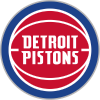
Detroit Pistons
(+3.8 points, +10 wins)
This shouldn't come as a surprise, as Detroit basically just added competent NBA players to a roster that had few of them.
Tobias Harris may have been overpaid and under-qualified in Philadelphia but also… he's a pretty good NBA player. Seventeen points per game on 49% from the field and 35 percent from 3 isn't great. It's also not bad at all. He averaged 6.5 rebounds and 3.8 assists per game. That's good. It's not great! But it's good.
Malik Beasley is a good shooter. He was miscast in Milwaukee as the "defensive stopper" in the starting unit. He's not a good defender but he has some length and ability.
Quentin Grimes (traded to Dallas for Tim Hardaway Jr.) is better than his numbers suggest, but on a production per minute basis, Tim Hardaway Jr. isn't a negative either. Again, THJ can be a liability for a playoff team like Dallas who they need to move on from and still benefit a team like Detroit by raising the floor of their average minutes.
With Cade Cunningham having made a big jump at the end of last season after everyone wrote them off following the 28-game losing streak, and some internal improvement and new coaching from a better developmental coach in JB Bickerstaff, I think the Pistons will be a great buy-low candidate on their win total, even if division and any playoff futures should be strictly off the table. They got better.
San Antonio Spurs
(+2.1 points, +6 wins)
The Spurs only lost DeVonte' Graham, who graded as a completely neutral (+0.0) player last season under this approach, and added two veteran players who have won a lot of games in Chris Paul and Harrison Barnes.
Having two vets who can help raise the floor and establish accountability for the young roster should be helpful, and both CP3 and Barnes have actually good minutes to give. Barnes was a negative defensively last season but is still a strong, experienced forward who shot 39% from 3-point range. CP3 isn't CP3 every night, but he has more than a few moments every game. With the addition of Stephon Castle and internal improvement, there's reason for optimism about San Antonio making a leap this season, even if it's unlikely to result in a playoff spot.
Honestly, the toughest thing to figure out with San Antonio is something this metric can't establish, and that's what Year 2 Wemby looks like.
Orlando Magic
(+1.9 points, +5 wins)
Added Kentavious Caldwell-Pope, lost Joe Ingles. Pretty straightforward.
KCP isn't the kind of player that's going to lead the headlines or dominate Google searches. He's not a top level scorer or an elite rim protector. And KCP's impact numbers are a little exaggerated thanks to playing with Nikola Jokic in starter-heavy rotations last season.
But KCP's also an upgrade over what they had before at 2-guard. Anthony Black started 33 games. Gary Harris started 27. KCP is a little redundant given that his strength is defense, but it makes an already great defense better with him on the floor while giving them a pure shooter.

Sacramento Kings
(+1.8 points, +5 wins)
The Kings jumped over the Mavericks for this last spot by trading for DeMar DeRozan this week. The four players they collectively lost were only worth +0.8 points to the spread, and DeRozan himself is worth 3.3 points. (Jalen McDaniels actually brings the net down a little bit with a -0.7.)
I'm unmoved by the idea of the Kings' playoff futures rising with this move, but for regular season, it's a fantastic upgrade. Sacramento should be a strong consideration for regular season futures, especially division and NBA Cup odds.
OTHERS:
Dallas Mavericks
(+1.6 points, +4.5 wins)
They added a player with the sixth-most threes of all time next to Luka Doncic. Naji Marshall and Quentin Grimes were small positive pickups. Thompson's a player held against his former standard, and while his low nights are lower than ever in his career due to age and two specifically terrible injuries, Thompson still has a lot of nights where he's one of the best shooters in the league. The defense is not what it once was and he grades out negatively there, but his shooting and spacing accounts for it.

Philadelphia 76ers
(+1.1 points)
The Sixers got better, but given that Tobias Harris helped the Pistons get better, it shouldn't surprise that Philly's jump wasn't as high as you'd think. The difference in George and Harris is significant, but the Sixers' other additions (Andre Drummond, Eric Gordon, Caleb Martin) are roughly the same as losing Paul Reed and De'Anthony Melton. Reed was an analytics darling who struggled in the playoffs, Caleb Martin had a down year but is a quality player. So I definitely believe this figure is low. It does show the impact of losing five players and gaining four, when they are above-average players like Melton and Harris.


